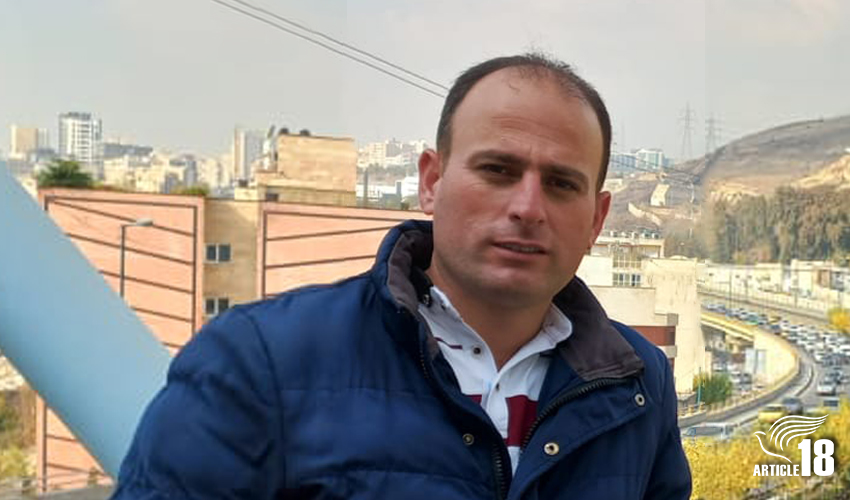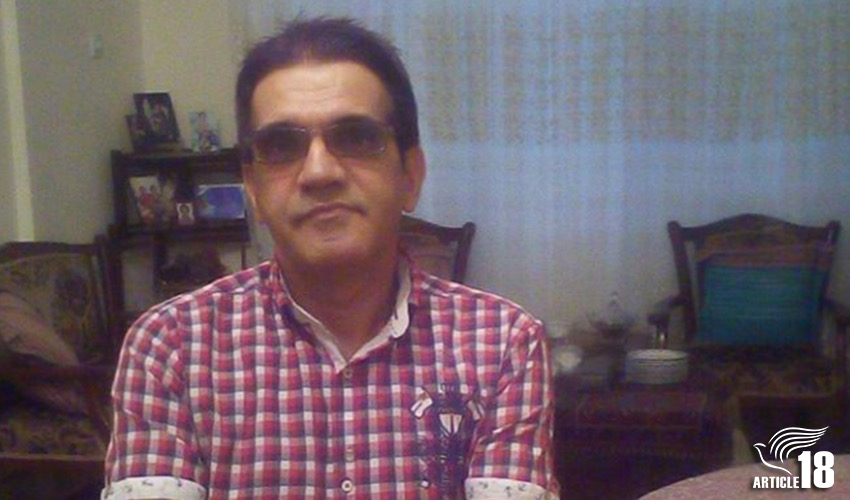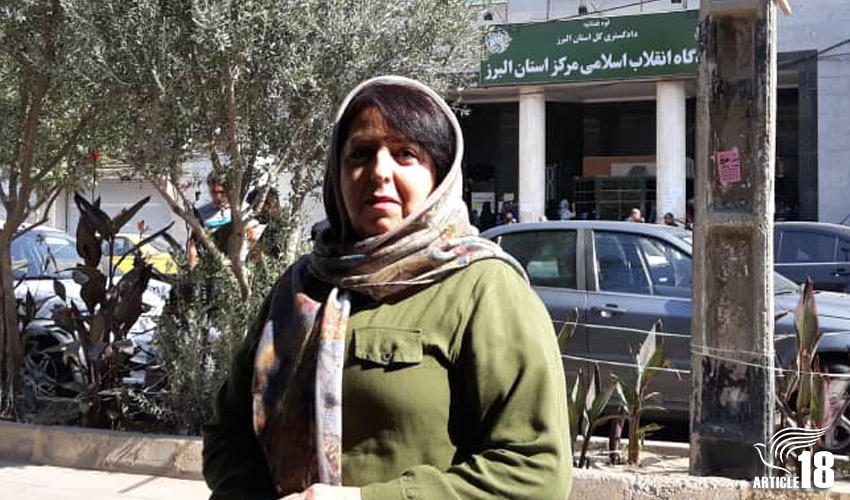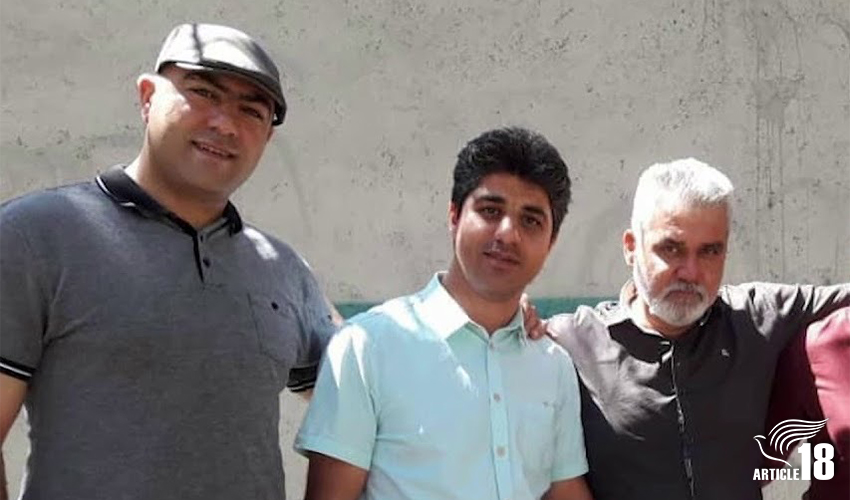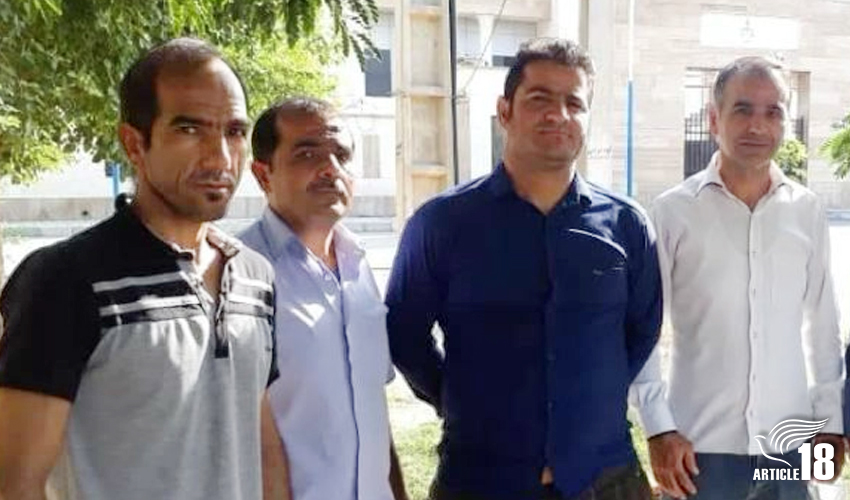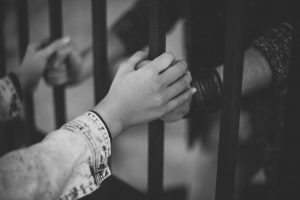
by Steve Dew-Jones | 11 Jan 2022 | News
Hadi (Moslem) Rahimi has begun serving his four-year prison sentence for “acting against national security” by attending a house-church and “spreading ‘Zionist’ Christianity”. The 32-year-old delivery driver, who has a nine-month-old daughter, handed himself in to...

by Steve Dew-Jones | 7 Jan 2022 | News
The lawyer of a Christian convert who has spent nearly four years in prison for “acting against national security” by being part of a house-church has asked what danger the release of his 60-year-old client could pose. Nasser Navard Gol-Tapeh is one of the longest...

by Steve Dew-Jones | 4 Jan 2022 | News
A 64-year-old Christian woman who has already served one prison sentence for “propaganda against the regime” has been summoned to answer the same charge again. Rokhsareh (Mahrokh) Ghanbari, who served four months of her one-year sentence before her release in March...

by Steve Dew-Jones | 4 Jan 2022 | News
Left to right: Milad Goodarzi, Amin Khaki, and Alireza Nourmohammadi. Three Christian converts serving three-year sentences for “engaging in propaganda that educates in a deviant way contrary to the holy religion of Islam” have been given 10 days’ leave from prison...

by Steve Dew-Jones | 20 Dec 2021 | News
Left to right: Mohammad Ali (Davoud) Torabi, Mohammad Kayidgap, Esmaeil Narimanpour, and Alireza Varak-Shah, four of eight Christian converts cleared of any criminal offence. Eight Christian converts have been cleared of any crime, with the presiding prosecutor...
